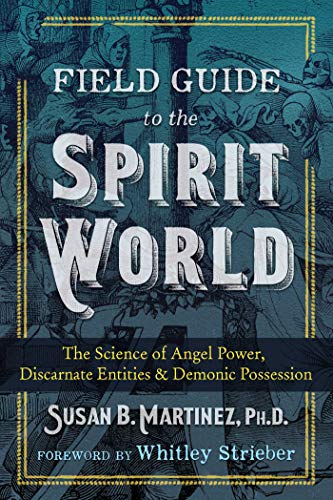|
Dr. Carl Wickland: “Humanity is surrounded by the thought forces of millions of discarnate beings who have not yet arrived at a full realization of life’s higher purposes. A recognition of this fact accounts for a great portion of unbidden thoughts, emotions . . . unreasonable impulses, irrational outbursts of temper, uncontrolled infatuations and countless other mental vagaries.”

Hans Naegeli-Osjord, Possession And Exorcism: “Spirits usually superpose the psyche of a human who has a similar character structure.”
like unto like
Often enough it is a common bond in tastes and interests that draws an excarnate to his counterpart among the living: “To the musician, angel musicians, to the philosopher, angel philosophers, to the historian, angel historians” (Oahspe).
Editor's note: The term "angel" above refers to a departed person, not a winged creature.
There are times when the mortal visionary becomes aware of these like-minded beings who, as George Russell espoused in The Candle of Vision, are “brought into psychic contact with us by some affinity of sentiment or soul.”
The great composer Johannes Brahms, for one, thought that most of his inspiration came from on high, that he was in effect a medium for deceased musicians. But only rarely are such overshadowed artists or writers inspired by angel hosts that come in great legions, phalanxes from the higher organic heavens.
Typically, it is merely a newly dead person in the lower heavens who returns to the earth plane individually to find and inspire a mortal protégé. Suchlike are essentially earth-bound entities, obsessors, “ever molding themselves to mortals of similar tastes and indulgences” (Oahspe).
One of the most famous cases of this kind involved a “weekend artist” and jeweler named Frederic Thompson who began painting “for” the recently deceased noted landscape artist R. Swain Gifford. While spiritual intervention revealed that Gifford-X “was elated over his power to return and finish his work through Thompson,” the latter actually “deteriorated under the ever-increasing compulsion. He believed he was going insane.” The voice would urge Thompson on; then he would black out. Gifford-X would order, “Do not forget me.” Thompson, in the end, became a fairly successful full-time painter, but at the cost of considerable “personality disintegration” (Guiley 2000, 381).
There is a big difference between being controlled by a single entity and being “influenced by a congress of spirits, a phalanx, in the highest stage of purification and knowledge” -- as was the amanuensis of Oahspe, John B. Newbrough. In fact, when Newbrough queried his controls about Shakespeare, the answer came, “He was attended by a vast multitude of spirits, and they virtually and really played and spoke their parts, entering within his own spirit.”
The ethnographer W. H. Rivers (1968, 321) observed among the Tikopians (Melanesia) a form of possession by “atua or ghosts of their ancestors. . . . A chief is only possessed by the ghost of a chief, a commoner only by the ghost of a commoner.” The adage “Like unto like” epitomizes all these transactions; for, the earthbound, after death, remain “in their former places: the merchant in his counting houses, the banker in his bank . . . the pope in his place . . . the farmer in his” (Oahspe)…
profiling the intruders
The great exorcist Eugene Maurey was able to profile the intruders: “With an evaluation of the invading entities, their personality characteristics can be detailed fairly accurately. The subject will exhibit a similar personality profile.” Maurey went on to observe that “those who can be aroused emotionally, who are strong willed and act on impulse . . . or complain and express negative feelings” are prime targets [for intruders] (Maurey 1988, 120, 48, 88).
|
